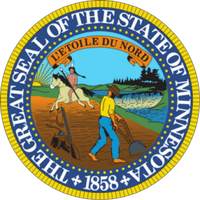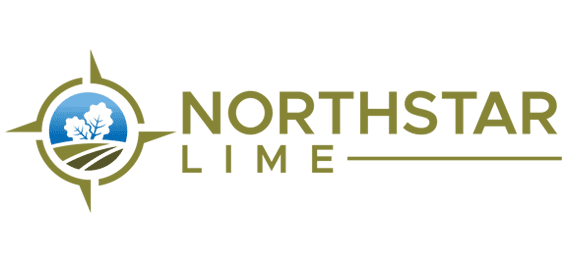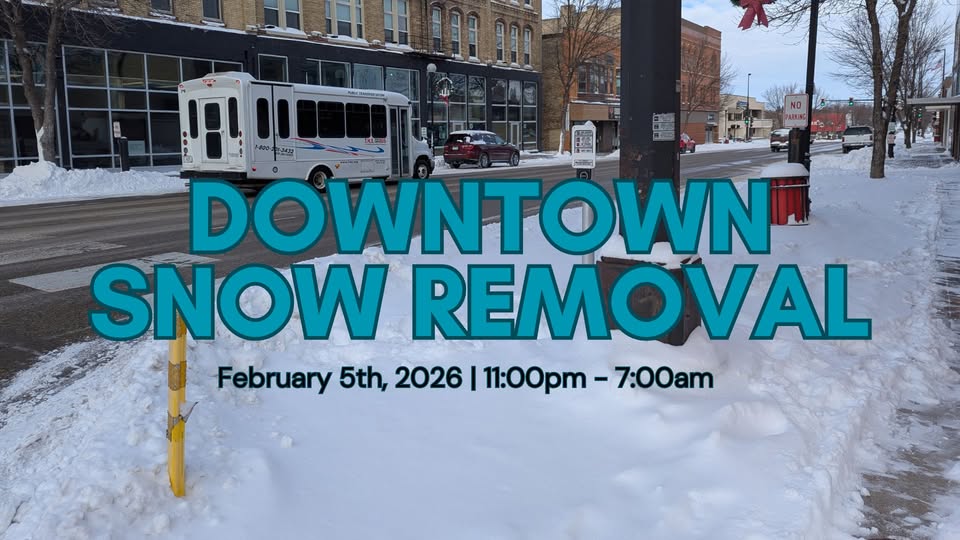Today, Governor Tim Walz announced he is taking action to support Minnesota’s long-term care facilities and continue to address hospital capacity concerns amid growing pressure on the state’s health care system due to COVID-19. Governor Walz is activating the Minnesota National Guard to form skilled-nursing “response teams” that will provide support to long-term facilities experiencing staffing shortages, and is also proposing providing $50 million in federal funding to facilities to help with hiring and retention of staff.
Skilled-nursing facilities that are at risk of staffing shortages can access this new funding and staffing support in consultation with the Department of Human Services (DHS) and the Department of Health.
More than 22,000 elderly and vulnerable Minnesotans receive care at roughly 365 skilled-nursing facilities across the state. The facilities are also a critical part of the care continuum, providing post-acute care and rehabilitation therapy to individuals who do not need hospital-level treatment. Staffing shortages in skilled-nursing facilities have made it difficult for many hospitals to find placements for hospital patients in long-term care settings, as well as for individuals who can no longer be cared for in their homes.
“Our long-term care facilities are facing an all-hands-on-deck moment, and that’s why we are taking unprecedented action to support skilled nursing workers, residents, and patients,” said Governor Walz. “Financial support will help our skilled nursing facilities hire and retain talented staff to care for patients, and the Minnesota National Guard is preparing to fill any staffing gaps. I am deeply thankful to the skilled nursing personnel who work so hard to care for so many Minnesotans every day. I pledge to do whatever it takes to help Minnesota’s long-term care community get through this challenging time.”
The announcement comes after Governor Walz secured emergency federal medical teams to support Minnesota hospitals and relieve doctors and nurses as they treat COVID-19 and other patients. The emergency staffing teams arrive this week and will support staff at HCMC in Minneapolis and St. Cloud Hospital.
“Minnesota’s long-term care community is filled with passionate, hard-working caregivers, and when they ask for our help, we are prepared to deliver,” said Lieutenant Governor Peggy Flanagan. “Our actions today will ease the pressure on skilled nursing staff, and it will deliver better results for patients and peace of mind for families. I am so grateful for our skilled-nursing workers, and they can rest assured we stand by their side as we all work to rein in COVID-19.”
“This latest COVID-19 surge is a challenge for everyone, and it is especially difficult for long-term care providers who have been on the front lines of this pandemic for nearly two years,” said Minnesota Department of Health Commissioner Jan Malcolm. “These actions provide vital support for this workforce at a time of need. We ask all Minnesotans to recognize that they have a role to play here as well. They can help reduce the pressure on our health care and long-term care workers by doing their part to reduce the spread of COVID-19 through vaccination, masking, and other prevention measures.”
“We need a strong, robust health care system working right now,” said Minnesota Department of Human Services Commissioner Jodi Harpstead. “This plan gives providers resources to keep beds available to care for our families, friends, and neighbors.”
“We are facing unprecedented, record-level workforce shortages in long-term care communities across our state,” said Patti Cullen, President and CEO of Care Providers of Minnesota. “The actions the Governor is taking today will provide emergency staffing assistance to the exhausted professional caregivers who have been on the frontlines for over 20 months, and we are so appreciative for this much-needed good news.”
“There are 23,000 open long-term caregiver positions across Minnesota. A crisis of this scope requires bold solutions, and we know we cannot fix this problem alone,” said Gayle Kvenvold, President and CEO of LeadingAge Minnesota. “We are grateful for these emergency actions and the collaborative efforts they represent. They provide critical support for weary caregivers and the seniors they serve and provide a bridge to more permanent solutions to address staffing shortages.”
National Guard forms “response teams” for skilled-nursing facilities
Governor Walz has activated the Minnesota National Guard to serve as a skilled-nursing “response teams” that will support facilities that are experiencing severe staffing shortages.
Initially, 400 National Guard members will start training as certified nursing assistants and temporary nursing aides over the next seven days. Skilled-nursing facilities that face severe staffing shortfalls can request assistance from MDH, and selected facilities will receive a National Guard team to provide on-site staffing support for up to three weeks at a time.
The Department of Health will work closely with the National Guard to direct the deployment of response teams to skilled-nursing facilities around the state.
Guard members continue to be deployed in alternative care facilities in Shakopee, Brainerd, and Saint Paul to provide transitional care to patients who no longer need to be hospitalized, allowing hospitals to treat those sick with COVID-19 and others requiring emergency support.
“One of the Minnesota National Guard’s pillars is people, as they are our most valuable resource,” said Major General Shawn Manke, the Minnesota National Guard’s Adjutant General. “Our force is highly adaptive and with training will assist Minnesota’s health care community in responding to health care staffing shortages. We appreciate the employers of our citizen-Soldiers and Airmen, as we know these activations can disrupt their businesses and organizations. We ask that you continue to support the Guard members you employ as we all work to get through this challenging time. We thank our military families for their service, too, as we know they have to adjust their lives when activations occur.”
$50 million to be used for hiring, retaining employees
The Walz Administration will use $50 million in federal American Rescue Plan funding for immediate emergency grants to long-term care facilities for employee hiring and retention. The Legislative COVID-19 Response Commission is reviewing this request. DHS will distribute the grants in December. Ninety percent of the grant funding must be used for workforce retention and hiring.
DHS will also expedite its Medicaid reimbursement payments to eligible nursing homes experiencing staff shortages beginning in January 2022 and continuing for up to six months. The expedited Medicaid reimbursement will cover unexpectedly high costs associated with COVID-19.
Minnesota’s nursing facilities have received a variety of state and federal assistance related to the COVID-19 pandemic, including $120 million in paycheck Paycheck Protection Program (PPP) loan forgiveness and $180 million in federal provider relief funds.




